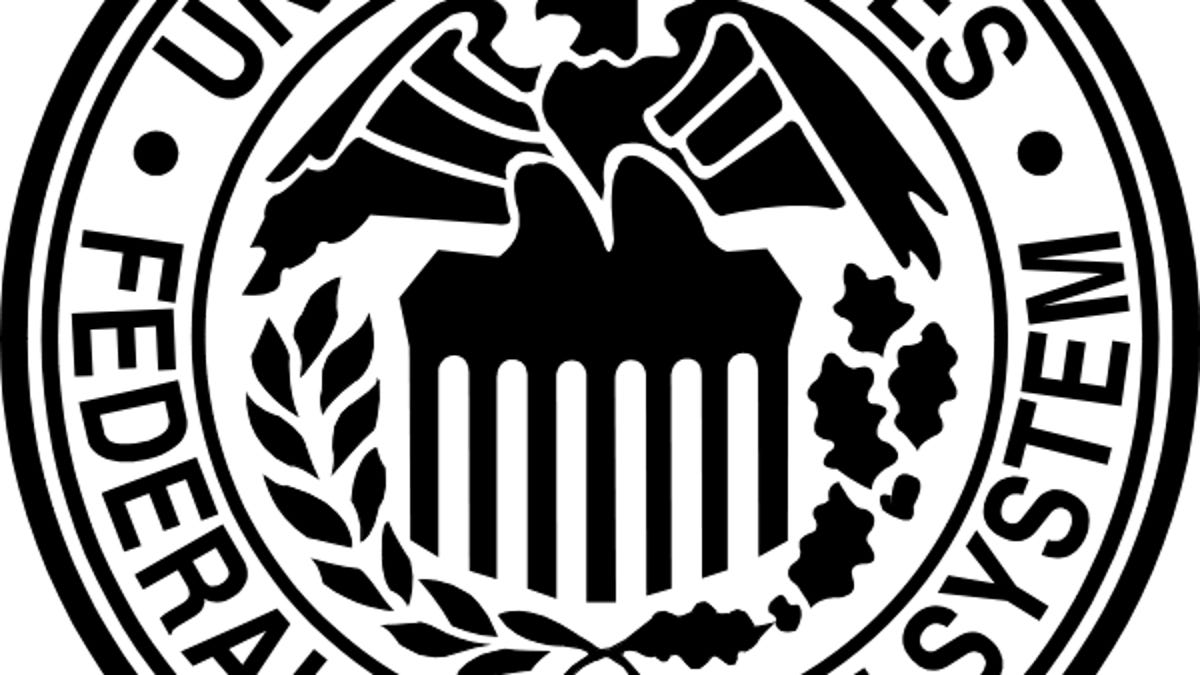Federal Reserve confirms its Web site was hacked
Days after Anonymous claimed to have stolen and published private information from more than 4,000 bank executives, the Fed says its system was attacked.

The wave of high-level cyberattacks continues as the Federal Reserve confirmed that one of its internal Web sites was hacked into today, according to Reuters.
"The Federal Reserve system is aware that information was obtained by exploiting a temporary vulnerability in a website vendor product," a Fed spokeswoman told Reuters. "Exposure was fixed shortly after discovery and is no longer an issue. This incident did not affect critical operations of the Federal Reserve system."
Apparently the hackers accessed data associated with specific individuals, according to Reuters.
This attack comes on the heels of the hacking group Anonymous claiming on Sunday to have published login and private information from more than 4,000 U.S. bank executive accounts. The group may have gotten this data from the Federal Reserve's computers.
It's unclear if the two breaches are connected. Government officials did not say which of its Web sites were hacked. However, according to Reuters, it was most likely an internal contact database for banks to use during natural disasters.
The cyberattack on the Federal Reserve comes after a slew of continuous hacks in the U.S. The Department of Energy confirmed yesterday that its internal system was breached and employee data was stolen; and last week, hackers hit several U.S. media outlets.
The head of Homeland Security Janet Napolitano announced in January that she believes a wave of cyberattacks on U.S. infrastructure is a serious possibility. Dubbing such an event a "cyber 9/11," Napolitano warned that cyberterrorists could take down the nation's power grid, water infrastructure, transportation systems, and financial networks.
In its December report, security company McAfee said that attacks on U.S. financial institutions are only going to increase in the year to come. The firm said that this isn't only a possibility; it's a "credible threat." Anonymous has also promised to increase its activity in 2013. In a statement issued at the beginning of the year, the group said that it has no plans to fade away in the year to come.
CNET contacted the Federal Reserve for comment. We'll update the story when we get more information.

